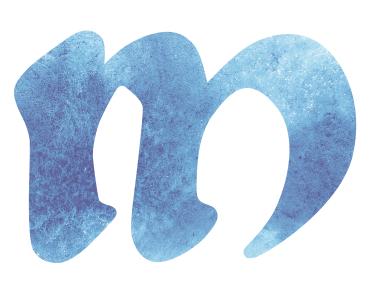ResearchYoung Marsilius Fellows
The Young Marsilius Fellow Program for Interdisciplinarity and Science Communication (YMFP) offers excellent postdoctoral researchers at Heidelberg University and the regional non-university research institutions the opportunity to actively participate in the Marsilius Kolleg. The YM Fellowships are awarded to selected young researchers in order to promote their interdisciplinary network and their commitment to science communication. The YMF program takes into account the special requirements of the postdoctoral phase and develops a program specially designed for this career stage in line with the basic ideas of the Marsilius Kolleg.

Current YMF-Class
SCIENCE AND COMMUNICATION: NEW CLASS OF YOUNG MARSILIUS FELLOWS
In order to work on an interdisciplinary research project and develop joint activities in the field of science communication, twelve young researchers have been admitted to the Marsilius Kolleg of Heidelberg University as Young Marsilius Fellows. They form the third class of the fellowship programme. The joint research studies on the focal theme “Beginning and End” will feed into a group-organised symposium in July 2024, at which they will present the results of their work to the public.
Young Marsilius Fellowships
- Up to 12 one-year fellowships per year (starting in the winter semester)
- Target group: postdoctoral researchers (up to 4 years after PhD) and advanced PhD students with a clear postdoc perspective from all disciplines at Heidelberg University and local extra-university research institutions
- Languages: German and English; applicants should be able to follow lectures and discussions in both languages
- Manageable time commitment of the YM Fellows, training opportunities in science communication (Nature Marsilius Visiting Professorship) and focus on a common goal (final symposium)
- Budget: € 5,000 per fellowship to be used freely for own research and academic training
- The annual motto of the first call is "Beginning & End". It is deliberately based on the current issue of the research magazine "Ruperto Carola" (in German) and is very open to allow connections to all disciplines.






